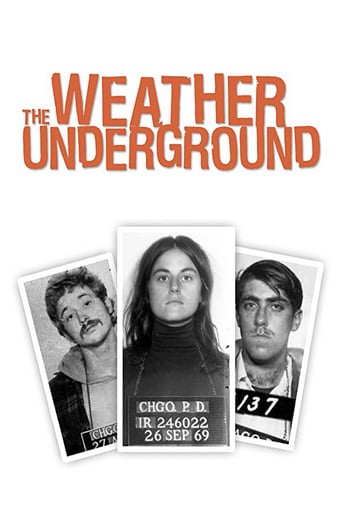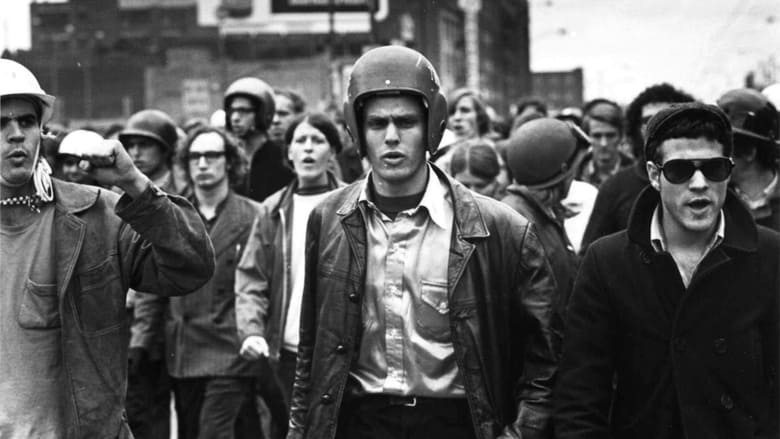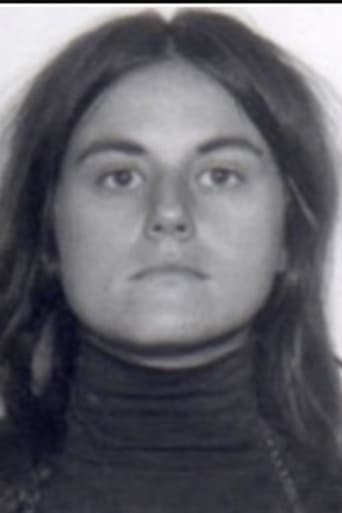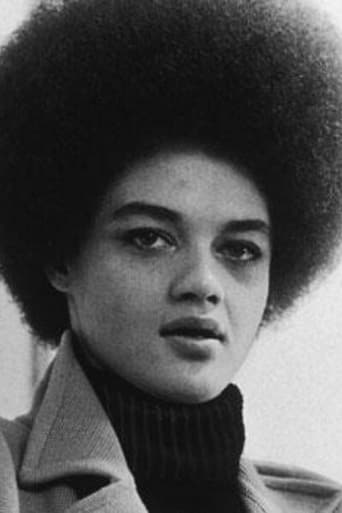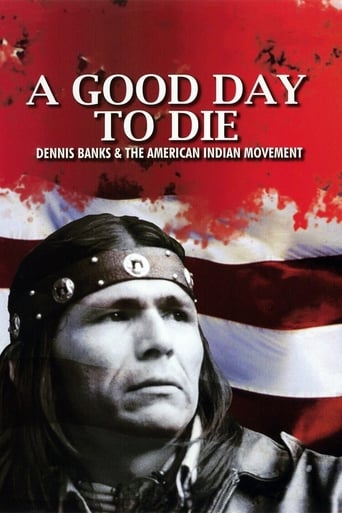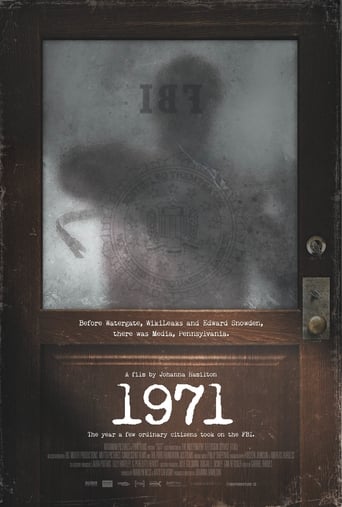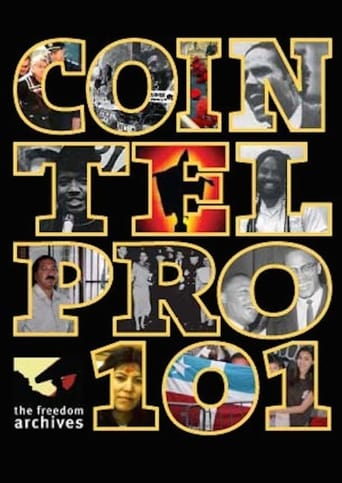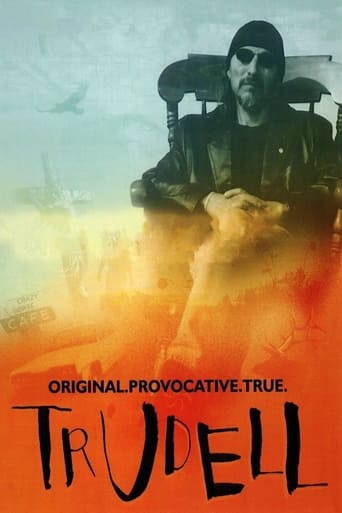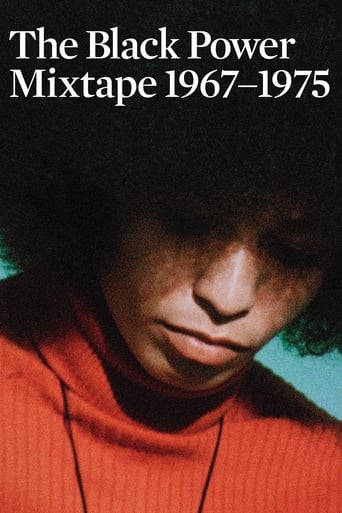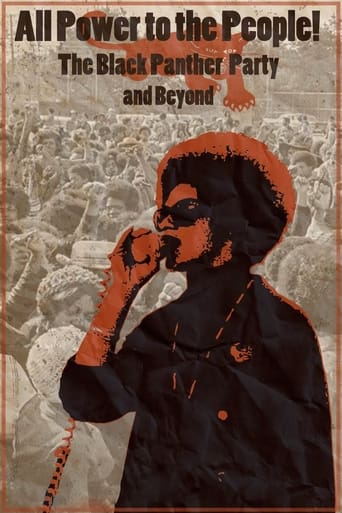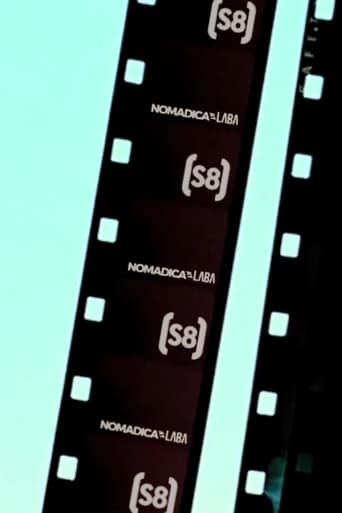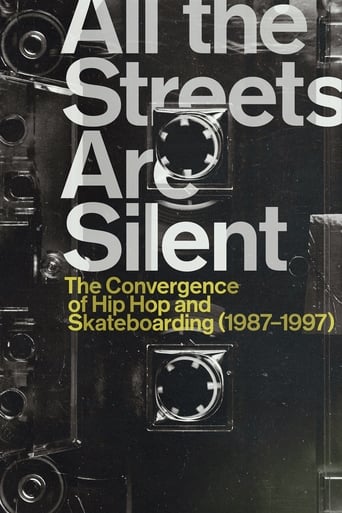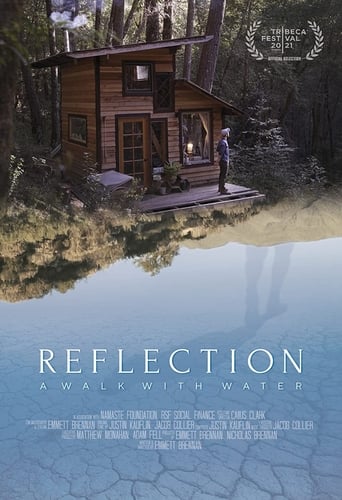The Weather Underground (2002)
The remarkable story of The Weather Underground, radical activists of the 1970s, and of radical politics at its best and most disastrous.
Watch Trailer
Cast


Similar titles
Reviews
The film itself is a mish-mash. Not a bad film, it is not good, either. It gives little context to why these people would give up the privileges most poor people, black or white, strive for. Could it be, like many bad artists, they believe nobility is to be found in struggle? Ask anyone who's really struggled and they'll consider that view naïve, at best, and pornographic, at worst. The Weather Underground started out in 1969 as a splinter group from the Students for Democratic Society (SDS) called the Weathermen (taken from the lyrics of a Bob Dylan song: 'you don't need a weatherman to know which way the wind blows'. They started bombing buildings as 'acts of protest', yet were ridiculed by the Black Panthers as a bunch of spoiled white kids who made things tougher for them because they were unskilled. The Weathermen were also reviled by mainstream liberal and anti-war groups as making their points of view seem unpalatable to the moderates in the nation. Ironically, they were seen basically as useful idiots by President Nixon and the Right Wing.Unlike, say ex-Defense Secretary Robert McNamara, in The Fog Of War, only a few of the group seem to have gained any wisdom. Rudd states, 'I cherished my hate as a badge of moral superiority', and Flanagan seems to rightly see how close he came to being bin Laden, when he states, 'If you think that you have the moral high ground, that's a very dangerous position and you can do some really dreadful things.' A still bitter ex-SDS leader named Todd Gitlin also perfectly nails the ethical morass of the Weathermen, and much of the most radicalized Left, when he states, 'They were ready to be mass murderers, the same as Hitler, Stalin, and Mao, and their grand projects for the reform of all humanity. In the face of that, ordinary life was dispensable.'As a film, there are several clever sequences of recreations, that Green recounts well in the DVD commentary, and the lack of funding for the film worked in its favor in at least one aspect. Failing to have the money for classic 1960s rock songs, the film used eerie avant-garde music, which adds to the delusion of the ideas many of the talking heads provide. Overall, the film is a so-so concoction, and the comments add little. A half hour interview with murderer David Gilbert adds little insight, save that the man still has not gotten his act together, and an art film on the terrorists adds even less insight. Overall, the bonus features are rather meager. This film breaks no new ground on the times, nor artistically, and just underscores that the folks involved in any terror movement are not good people, despite their protestations to the contrary. If only Mystery Science Theater 3000 were still around to lampoon this film there might be a good commentary available. Alack, the lack!
Having lived through the late l960's when I went to college, the film illustrated some of the difficult choices a concerned young adult faced at the time. Mark Rudd's comments came across as poignant to me. Approaching my 56th birthday, I can state unequivocally, of course, that a better understanding of those times has come to me, and of what courses of action to have taken. Incidentally, I wrote a letter to Mark Rudd at his current job at a college in New Mexico, only to relate my harmless proximity to one Yippie event in 1970 - the "takeover" of a portion of the Disneyland park in Anaheim, California. At the risk of being blacklisted from future postings - life itself is full of risks, always magnified when you have something genuine to say - I wish to inform all of you that the FBI is still intercepting Mark Rudd's mail, as evidenced to me (and this is not a casual observation, but a trained observation) by Nicholas Cage's ensuing derisive movie, "The Weatherman". Or are some of you still unaware of our Government's collusion with the multi-billion dollar film industry? While our Government pursued an unnecessary war and violated every constitutional protection against domestic excesses, Mark Rudd and the others should have probably just formed a chess club. Who wants their home surreptitiously entered, their mail intercepted, and multi-million dollar films made from the details of these government crimes? Have a nice day. Emile Zola said "the truth must come out", but he never met the present U.S. Government.
I thought that this movie was not only excellent but also very informative about a very tragic and horrific period of time in our country's history. This film shows the actual people that were involved in some way or another and clips of news reports and other real life things. Although, you don't see the infamous and high profile Weathermen Judith Clark and Kathy Boudin in the main film, you can hear Boudin talking in one of the extra features. Clark, was sentenced to 75 years to life for the deadly armored car heist that left 3 law enforcement officers dead, Boudin, received 20 years to life, and Boudin's Husband David Ritter received the same as Clark did. Although, Boudin, was paroled from prison in August 2003 and left in October, after serving 22 years. I personally think like many others that she should have gotten the exact same sentence as the other two. She only received leniency because her father was a big time lawyer. There should have been no special treatments at all for her.
The Weatherman faction remains one of the more troubling aspects of the 60s counterculture, for manifold reasons. How did a bunch of well-educated, relatively privileged white kids transform from idealistic protesters for peace into revolutionary terrorists? How were they able to reconcile the inherent contradiction of using violence as a means of pursuing peace? Can violence ever lead to reconciliation, or must it necessarily beget more violence? Sam Green and Bill Siegel's documentary examines all of these questions while remaining remarkably objective. It's a pity that we should feel surprised when a documentary filmmaker actually attempts to uphold the all-but-obsolete standard of objectivity; nevertheless, Green and Siegel deserve to be complimented for presenting a film that is perhaps more a window into the confusion of the times than a history of one peculiar faction of anti-government activists.Green & Siegel intersperse archival footage with commentary by a number of the Weather Underground's leaders, most of whom retain their revolutionary idealism, even if they have grown circumspect about their methodology.The film persuasively channels the aura of violence and political unrest that characterized American culture as the first vestiges of counter-cultural idealism gave way first to frustration as the war in Vietnam escalated and then to radicalism as, one after another, civil and human rights activists ranging from Dr. Martin Luther King, Jr. to Chicago Black Panther leader Fred Hampton were brutally silenced, possibly by order of American government agencies such as the CIA, NSA, and FBI. Simultaneously, the tenor of apolitical American life shifted from the good vibrations of psychedelia to paranoia and suspicion. The image of the blissed-out, peace-loving, groovy hippie was replaced by the crazed expression of Charles Manson, whose murderous id made every God-fearing citizen's worst nightmares reality: acid-crazed hippies rampaging the suburbs, butchering innocents in order to start a revolution that would overthrow the status quo. Siegel's and Green's direction employs numerous archival clips that are shockingly graphic, including horrific footage of executions and the bodies of civilian casualties in Vietnam (including many women and small children) and uncensored crime scene photographs from the Tate-LaBianca murders ordered by Charles Manson. The material is somewhat objectionable, but serves the purpose of expressing the climate of fear that made it possible for the likes of Mark Rudd--now a quiet, somewhat melancholy math teacher at a community college in New Mexico--to drop out of sight and begin plotting the violent overthrow of the American political system.The film presents the Weather Underground as admirable in its courage and determination, but also as terminally misguided. Weatherman leaders repeatedly express their solidarity with the Black Panthers and any revolutionary movement of underclass 'brown or black' people on the planet, but the few Panthers who comment for the film either disavow the Weathermen or express perplexity at their determination to identify with the struggle of blacks and other oppressed ethnicities. As adults, several of the group members acknowledge that, even when they were harassed or beaten by police, they were still treated far more humanely than their black counterparts, and so were never truly in the same struggle as those whom they supported. Some of the members still speak nostalgically about their Weathermen days and claim that they'd do it all over again; others express disdain and regret over their complicity in the deaths of innocents.As we begin to see history repeating itself in Iraq, 'The Weather Underground' is all too timely. What was different about the 60s and 70s, when so many young people became committed to political activism, from the present, when the numbers are relatively few? Will the process that brought about the Weather Underground repeat itself, or was this particular group less a consequence of the times than of the choices of a few charismatic but misguided and naive twenty-somethings? Did Weatherman make a difference, or was it simply another small piece of the catastrophic collage of the Vietnam era? This film raises more questions than it answers--which is probably what art should always try to do.

